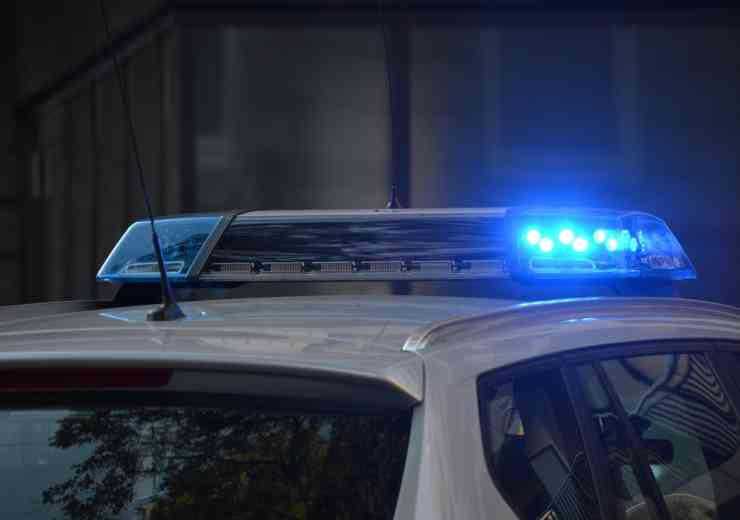Suspected terrorists on control orders increases to ten
Control orders are to be replaced by Terrorism Prevention and Investigation Measures
Suspected terrorists on control orders has increased from eight to ten, the BBC have reported.
Home Secretary Theresa May announced that three were living in Greater London and the rest elsewhere in the UK.
Control orders are being replaced by Terrorism Prevention and Investigation Measures (T-Pims) by the end of 2011.
May said the two new orders had been served since the last quarterly update to MPs in December, with a further order made but not yet served.
Control orders, which place terrorism suspects under close supervision, are controversial because they have been likened to house arrest.
Control orders are used on individuals who cannot be prosecuted or deported and as with control orders, T-Pims will require the home secretary's permission, with reviews by the High Court.
Some measures will stay, such as a ban on overseas travel, the requirement to regularly report to the police and a breach of these conditions leading to a maximum five-year jail term.
There will be limited restrictions on communications including the use of the internet, but controlees will be able to use it at home as long as they notify authorities of their password.
The measures will be limited to two years, but will be able to be extended if there is new material that the individual still poses a threat.
They will also require overnight residence of eight to ten hours, which will be verified by an electronic tag. Currently curfews can last for up to 16 hours.
Further information:
BBC
digital issue


























